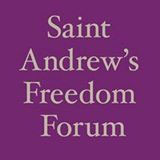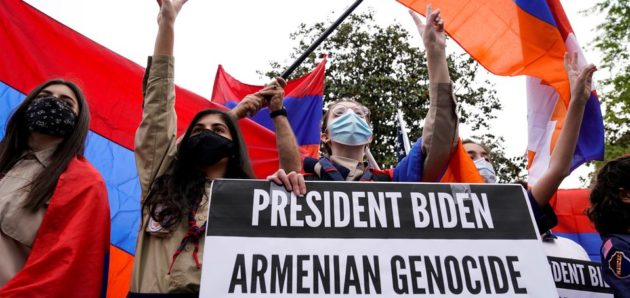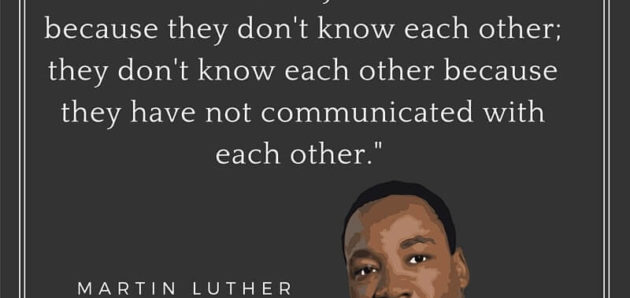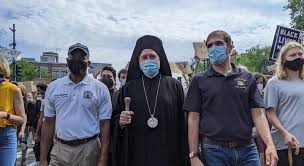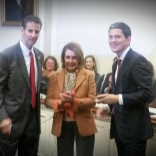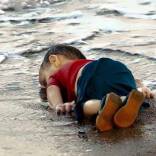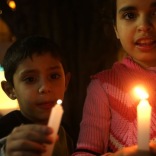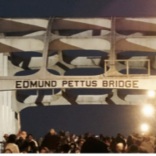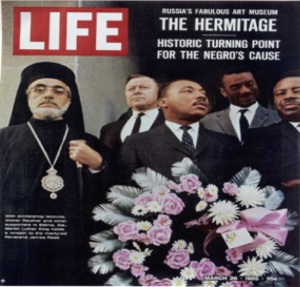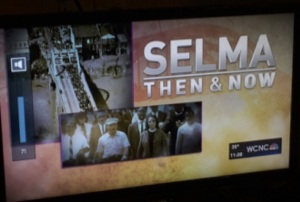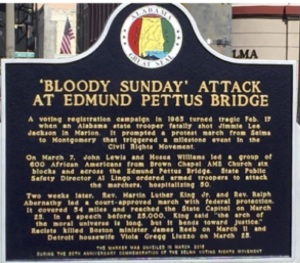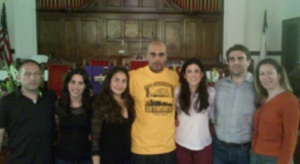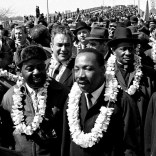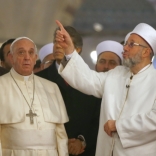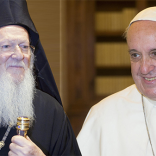By Brian Katulis , Rudy deLeon
, Rudy deLeon , John B. Craig |
, John B. Craig |
Some of the oldest Christian communities in the world are disappearing in the very lands where their faith was born and first took root. During the past decade, Christians around the Middle East have been subject to vicious murders at the hands of terrorist groups, forced out of their ancestral lands by civil wars, suffered societal intolerance fomented by Islamist groups, and subjected to institutional discrimination found in the legal codes and official practices of many Middle Eastern countries.
The past year has seen brutal atrocities committed against Christians and others because of their religious identity by terrorist groups such as the Islamic State in Iraq and al-Sham, or ISIS. These incidents underscore the gravity of the situation. As a consequence, Christians have migrated from the region in increasing numbers, which is part of a longer-term exodus related to violence, persecution, and lack of economic opportunities stretching back decades. They have also moved to safe havens within the Middle East, and the Christian presence has become more concentrated in places such as Jordan, the area controlled by the Kurdistan Regional Government in Iraq, and Lebanon.
Today’s overall Christian community in the Middle East is estimated to range from 7.5 million to 15 million individuals, with the largest numbers living in Egypt, Syria, and Lebanon. These estimates vary considerably because of the massive waves of forced migration over the past decade and the sharp growth in the number of Christians from the Middle East living in exile since the start of the new millennium. The total number of Christians remaining in the region has increased numerically since the start of the 20th century, but substantial growth in the non-Christian population combined with decades of migration mean that Christians represent less than 5 percent of the region’s overall population. In some places such as Turkey, this declining Christian presence has taken place over the past century. During World War I, 1915 was a particularly devastating year for Christians in the region.
A century after those events resulted in the death and forced migration of millions of Christians, the current wave of extremism, civil wars, and a complicated mix of state collapse in some places combined with the re-emergence of authoritarianism are leading to a new wave of victims. The ongoing decline is such that many Christians in the Middle East today fear that their churches will turn into museums, rather than places of worship serving vibrant communities of believers.
The Middle East uprisings that began in 2011 have created new pressures on Christians, other religious groups, and nonbelievers. More than four years after the start of the uprisings, the status of Christians varies considerably across the region. In Egypt and Lebanon, there is a stronger sense of protection and security for Christians than in places such as Syria and Iraq. But the overall picture looks grim, and the reactions from the United States, Europe, and other key powers to this new wave of destruction have been marginal.
The goal of this report is to offer an overview of the status of Christians in the Middle East at this moment in time and to suggest practical and effective ways for the United States to engage on this issue. The status of Christians in the Middle East is an important leading indicator of the type of region that is emerging. Christians have historically acted as a bridge connecting East and West.
Sadly, the picture of the past decade is alarmingly negative. If one of the most important religious groups in the world continues to be forced out of the Middle East, this bodes negatively for pluralism, tolerance, and the ability of the region’s people to live interlinked with the rest of the world. Christians are discussed in this report because they represent a significant group with deep roots in the region, and their status is a barometer of whether those of other faiths or no faith at all will be able to live and thrive in the future Middle East.
This is important at a time when the United States and other countries continue to wrestle with the question of how to most effectively counter violent extremism and to politically defeat terrorist networks and radical ideologies that undermine the overall stability and prosperity of the region. In recent years, the United States has outlined a number of different engagement strategies aimed at highlighting the need for greater tolerance and pluralism as a means to undermine extremism. The 2013 National Strategy on Religious Leader and Faith Community Engagement released by the Obama administration is one example of such efforts.
But the implementation of these strategies has been mixed and not as integrated as it needs to be with overall U.S. foreign policy approach, including military and diplomatic efforts to respond to the crisis in the Middle East. In the meantime, the overall status of Christians has deteriorated over the past decade. Some of this deterioration is the direct result of unforced errors: For example, the 2003 Iraq War and its aftermath had devastating consequences for the Christian community there. Some of it is the consequence of flawed engagement strategies: For example, the Obama administration’s decision to position U.S. engagement under the banner of Muslim world engagement failed to effectively promote pluralism and tolerance and reflect the broad diversity within the Middle East. But most of what is happening to Christians in the Middle East is the result of wider regional trends related to struggles for power and the use of religion as a tool to build influence with constituencies that have ultimately divided societies.
The United States needs to engage on these issues with great care and sensitivity. The fact that extremists accuse the United States and other outside powers of being so-called “crusaders” who promote an agenda supporting Christians is a reality that creates many potential pitfalls for engaging directly on this issue. But accusations from extremists should not be used as an excuse for silence or for taking action only on the margins.
In 2014, the Center for American Progress, or CAP, initiated a research project and policy review examining the status of Christians in the Middle East that involved field research in a number of key countries in the broader Middle East. The effort included interviews with important leaders involved in the region’s religious, political, social, and economic life.
The research culminated in the following 10 overall analytical findings:
- Christian communities are caught up in the broader regional struggles for power and influence in the Middle East.
- The declining Christian presence is the product of historical factors and long-term trends.
- The status of Christians in the Middle East varies significantly according to the political, social, and economic conditions in specific countries.
- Basic equality in citizenship is a common challenge for Christians in the Middle East.
- Extremist groups exploit institutional weaknesses in the justice, rule of law, and police systems to threaten Christians.
- Difficult economic conditions and the lack of jobs create incentives for Christians to leave.
- Radical ideologies foment societal intolerance against Christian communities and other religious minorities.
- Disunity and insufficient coordination among Christians in the region prevent them from achieving their potential.
- The role of monarchies and Gulf countries is pivotal for Christian communities, but their efforts and influence remain very mixed.
- Broader geopolitical tensions between Russia and the United States have a small but important impact on Christian communities of the region.
Based on the above findings, this report offers the following 10 recommendations to address the plight of Christians in the Middle East:
- Expand the tools and resources available to U.S. policymakers to elevate freedom of religion and conscience as a priority in U.S. engagement in the region.
- Build stronger and more diverse networks and partnerships with the private sector and nongovernmental institutions to address the current challenges facing Christians.
- Redouble efforts to advance international diplomatic approaches to conflict resolution in the region.
- Prioritize assistance to refugees and displaced persons with specific responses for Christian refugees.
- Weigh carefully the benefits and costs of special visa programs for Christians that may be seen as encouraging emigration, aiding in the exodus, or providing special treatment.
- Make use of U.S. strategic communications to promote religious freedom, pluralism, and inclusivity as a priority.
- Expand economic development and reform efforts in the region.
- Invest in education as a key tool for advancing religious freedom and pluralism.
- Use U.S. military force and security assistance cautiously and beware of potential pitfalls.
- Work with international organizations and leading churches to preserve Christian heritage in the Middle East and the Arab world.
The Middle East remains in the midst of an extended and bloody battle for power and influence that has allowed extremist groups to rise in prominence. Sectarian and ethnic conflicts are contributing to state collapse in areas such as Syria and Iraq and a reassertion of authoritarianism in other parts of the region. The status of Christians is an important sign of broader regional trends in pluralism and tolerance, and adopting more effective engagement strategies to address the plight of Christians could help produce greater stability in the long run. However, this strategy will only be successful if the issue is approached with great sensitivity and care to the broader landscape of change in the region.
Brian Katulis is a Senior Fellow at the Center for American Progress. Rudy deLeon and John Craig are Senior Fellows with the National Security and International Policy team at the Center.
